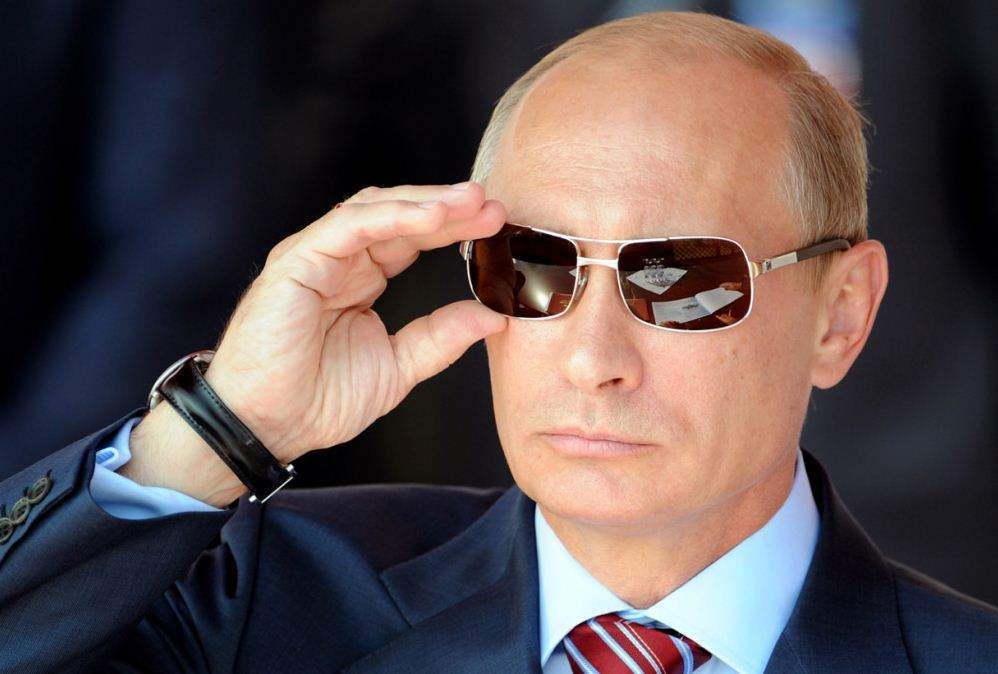
New legislation and government moves to clamp down on criminality and corruption linked to Russia are welcome — but let’s not ignore the challenges, write Hannah Solel and Matthew Hardeman
Diplomatic relations between the UK and Russia have reached an all-time post-Cold War low in the wake of the attempted assassination of a former spy and his daughter in Salisbury on 4 March. And now, the introduction of new sanctions legislation targeting Russians, modelled on the 2012 US Magnitsky Act, is not far off.
Sergei Skripal, 66 – a former KGB colonel who gave Russian state secrets to MI6 – and his daughter Yulia, 33, remain in critical conditions after they were poisoned with Novichok, a Russian-made nerve agent.
Speaking in the Commons, the prime minister, Theresa May, said that Russia’s response ‘demonstrated complete disdain for the gravity of these events’ and that ‘they have provided no credible explanation that could suggest they lost control of their nerve agent’.
She continued: ‘There is no alternative conclusion other than that the Russian State was culpable for the attempted murder of Mr Skripal and his daughter – and for threatening the lives of other British citizens in Salisbury, including Detective Sergeant Nick Bailey.’
The prime minister then announced what actions the UK will now take. The measures include the expulsion of 23 Russian diplomats, the withdrawal of the British delegation to the Russia-hosted FIFA World Cup in June and July, increased checks on private flights and customs, the freezing of Russian state assets and suspending of planned bilateral contracts between the UK and Russia.
She also expressed support for a UK version of the US Magnitsky Act, which imposes asset freezes and travel bans on 49 named Russian individuals. ‘We will also table a government amendment to the Sanctions Bill to strengthen our powers to impose sanctions in response to the violation of human rights. In doing so, we will play our part in an international effort to punish those responsible for the sorts of abuses suffered by Sergei Magnitsky.’
The US Act came into force in 2012, banning 49 Russians thought to be linked to the death of Sergei Magnitsky, a Russian lawyer who died in 2009 in a Moscow prison after he had alleged that large-scale theft had been committed by the Russian state, sanctioned and carried out by Russian officials. Prior to the Salisbury incident, MPs in February supported an amendment to the Sanctions and Anti-Money Laundering Bill currently working its way through Parliament. An amendment to the Bill will be tabled by the government on Monday.
The prime minister also announced plans to ‘urgently develop proposals’ to tighten border security – including new powers to stop anyone suspected of ‘hostile state activity’ at the UK border.
A British version of the US Magnitsky Act would complement numerous anti-corruption measures already in place, notably the recently-introduced unexplained wealth orders (UWOs), which allow UK authorities to seize the assets of individuals who fail to adequately explain how they acquired their wealth.
The first two UWOs were granted in February, covering £22 million worth of property assets. But since the attempted murder of the Skripals, observers have suggested that UWOs could be used more frequently against the large number of Russians with property interests in the UK. As estimated £90 billion is laundered through the UK each year, according to official figures.
Stephen Ross, head of Withers’ global fraud team, warns that there are difficulties in using UWOs to try to undermine Putin’s interests. ‘You have to show that it looks like they [Putin’s allies] can’t afford their assets,’ says Ross, noting that this will more often affect Putin’s opponents — who have fled and had their assets ‘appropriated’ at home — than the Russian leaders allies. ‘That said, it would be remarkable if a Russian or two isn’t high up on the National Crime Agency’s list,’ adds Ross.
MPs are piling on the pressure to act quickly via legislation: Labour MP Helen Goodman expressed her thoughts in The Huffington Post today: ‘Britain must take action to defend itself and we need a strategic approach to preventing… crimes both in the UK and abroad,’ she wrote, describing the prime minister’s decision to incorporate ‘Magnitsky’ measures into the Sanction and Anti-Money Laundering Bill as a ‘very welcome change of heart’.
But, as yet, there is still no clarity as to how quickly a Magnitsky-style measure will come into force in the UK. ‘Agreeing to activate the Magnitsky amendments to the Sanctions Bill is no surprise,’ says Michael O’Kane, senior partner and head of business crime at Peters & Peters. ‘As the Bill is designed to create the post-Brexit sanctions regime and is not expected to come into force until the transitional period, this will have no immediate effect and may be counter-productive in allowing potential targets to move assets out of the UK.
‘It is of note that the PM did not announce efforts to increase EU sanctions against Russia, as for example happened after the shooting down of the Malaysian Airlines plane over Ukraine in July 2014. This may be because she is not confident of broad EU support.’
O’Kane highlights the freezing Russian state assets in connection with the threat posed to the life of UK residents as particularly noteworthy. ‘It remains to be seen what assets will be targeted as this is a rarely used measure, with only two sanctioned individuals on this list, namely those deemed responsible for the murder of Litvinenko,’ he adds.
While the exact course and form of the road ahead may be murky, one thing is clear — the UK is taking a tougher line, and state-sponsored gangsterism is no longer tolerated on British soil.
Hannah Solel and Matthew Hardeman are writers at Spear’s
Related
High Court grants first unexplained wealth orders
England must do its duty — and boycott Russia 2018
Hammond hails ‘light at the end of the tunnel’ for economy






